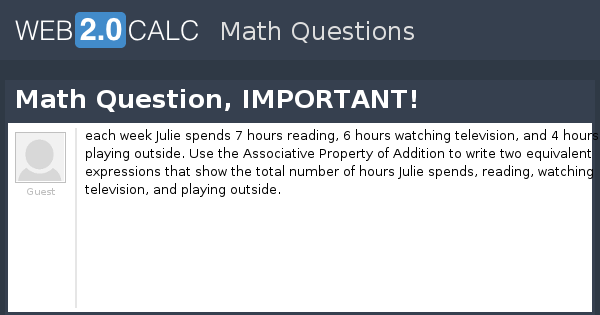

Upon completion of this course, the students can able to compare the operations of different.

Turbochargers – Common Rail Direct Injection Systems - Hybrid Electric Vehicles – NOx Adsorbers - Onboard Diagnostics. Suitability, Merits and Demerits - Engine Modifications.Īir assisted Combustion, Homogeneous charge compression ignition engines – Variable Geometry Smoke and Particulate matter – Methods of controlling Emissions – Catalytic converters, SelectiveĬatalytic Reduction and Particulate Traps – Methods of measurement – Emission norms and DrivingĪlcohol, Hydrogen, Compressed Natural Gas, Liquefied Petroleum Gas and Bio Diesel - Properties, Pollutant – Sources – Formation of Carbon Monoxide, Unburnt hydrocarbon, Oxides of Nitrogen, Spray penetration – Air motion - Introduction to Turbocharging. Mixture requirements – Fuel injection systems – Monopoint, Multipoint & Direct injection - Stages of combustion – Normal and Abnormal combustion – Knock - Factors affecting knock – Combustionĭiesel Fuel Injection Systems - Stages of combustion – Knocking – Factors affecting knock – DirectĪnd Indirect injection systems – Combustion chambers – Fuel Spray behaviour – Spray structure and To provide knowledge on pollutant formation, control, alternate fuel etc.To understand the underlying principles of operation of different IC Engines and components.


 0 kommentar(er)
0 kommentar(er)
